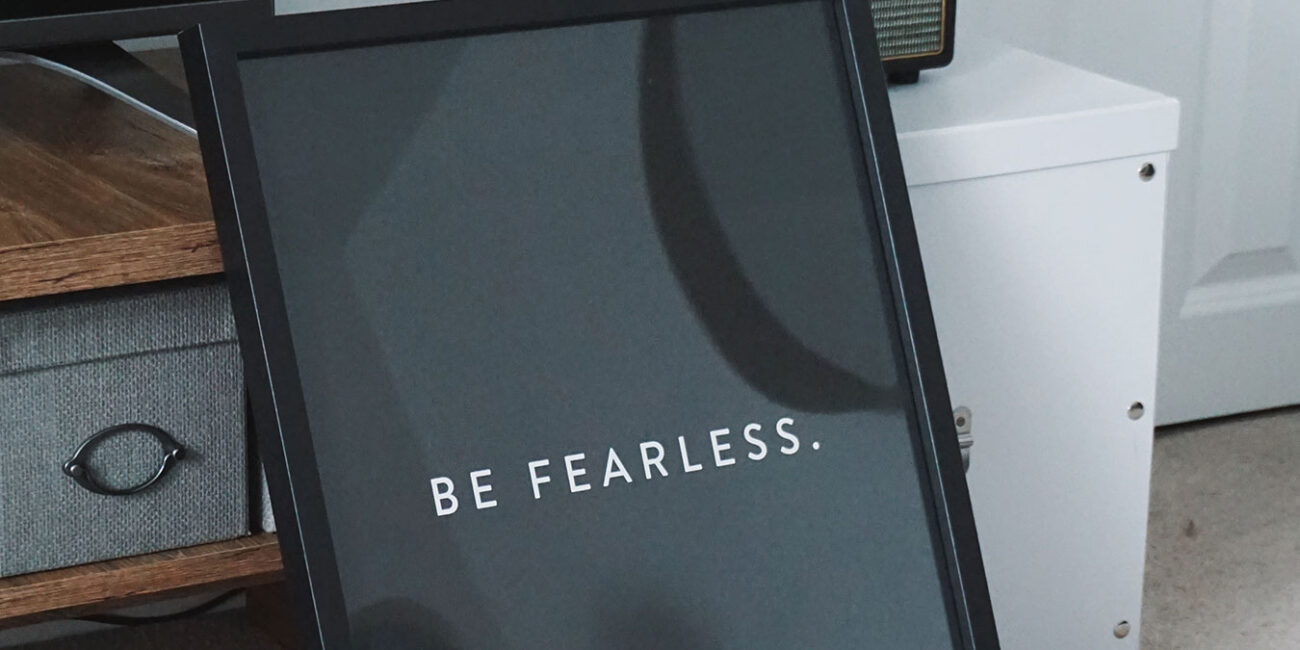One of the most powerful tools in our life resiliency and healing toolkit can be our ability to reframe.
Reframing is about changing our perspective. It involves looking at a situation (be it past, present or future) through a different lens; seeing things anew and gaining a fresh perspective.
An example might be acknowledging that the yelling stranger that’s got our back up might be having a bad day. We never really know what others are going through, after all. And perhaps we shouldn’t take things personally.
Or reminding ourselves of all the times a friend has been there for us when we feel let down. And in doing so, acknowledging that we have plenty of evidence that they care deeply for us, and perhaps there’s room to be more understanding on our part.
When we successfully reframe a scenario, it can free us from the pain and energy we expend when we dwell, fixate and ruminate. In a nutshell, reframing can bring forth acceptance and healing and allow us to move on from painful or difficult situations.
Seeking new perspectives
We can seek new perspectives by calling on our support network and seeking out unbiased and more balanced opinions from those who are not ‘within’ our issue.
I can think of countless instances where I’ve been supported out of unhelpful thought loops by the reassurance, positivity – and sometimes even downright resilience – of a friend, partner or colleague.
But finding new perspectives is something we can cultivate ourselves, too. And we can do this through reframing.
Here are five steps we can take to reframe our next challenge:
- Tune into self-awarenessBy tuning into and honestly evaluating our thoughts, feelings, emotions and sensations, we can get a handle on whether our go-to response to a situation is coming from our highest place. In the heat of the moment, we can find that our emotions distort our perceptions, and therefore our responses.By quietly sitting with ourselves and noting our thoughts and emotions, we can find the crucial breathing space to know that we are not our thoughts and we are not our emotions. And in doing so, we allow ourselves to evaluate our situation in a more neutral way.
- Clarify the factsAsking ourselves what is objectively true can also be helpful. There’s an awful lot of subjectivity in the way we read situations, and taking a few moments to establish the facts can help us to see where we get lost in the stories we tell ourselves.
- Take a step back
We can get so stuck in the detail of our challenges that we end up distorting our understanding of what’s really going on. By zooming out, taking a step back and creating a little space between ourselves and our scenario, we can see the bigger picture.Taking a step back might involve resting and taking a break from our thoughts or situation. Or practising self-care. It can be as simple as taking a moment to breathe to soothe our physiology, or getting out into the Great Outdoors. Whatever helps us to zoom out from the detail and see our situation in the context of the wider world is helpful. - Re-evaluate expectationsOften when we are unexpectedly course-corrected by external factors, the toughest part is accepting that change has happened. When we accept the things outside of our control, we are given the opportunity to re-set our expectations.Acknowledging that we didn’t choose our new path, and then asking ourselves if we can re-set our expectations towards something more realistic within the context of our new circumstances can help us to reframe what life looks like now. And how we can make the best of it.
- Reflect on the positives, not just the negativesAsking ourselves whether any good might come of our situation can help us to see that our challenges aren’t black and white. There are almost always silver linings to stumbles, falls, failures and course corrections.The positive of not landing that high-powered dream job? We’ll almost certainly have more time to spend with loved ones and family.The positive of the relationship ending? It obviously wasn’t meant to be and now we have the opportunity to spend time on ourselves.When we reflect on all the ways our new situation might be positive, we ‘re more likely to see the options and opportunities before us.




